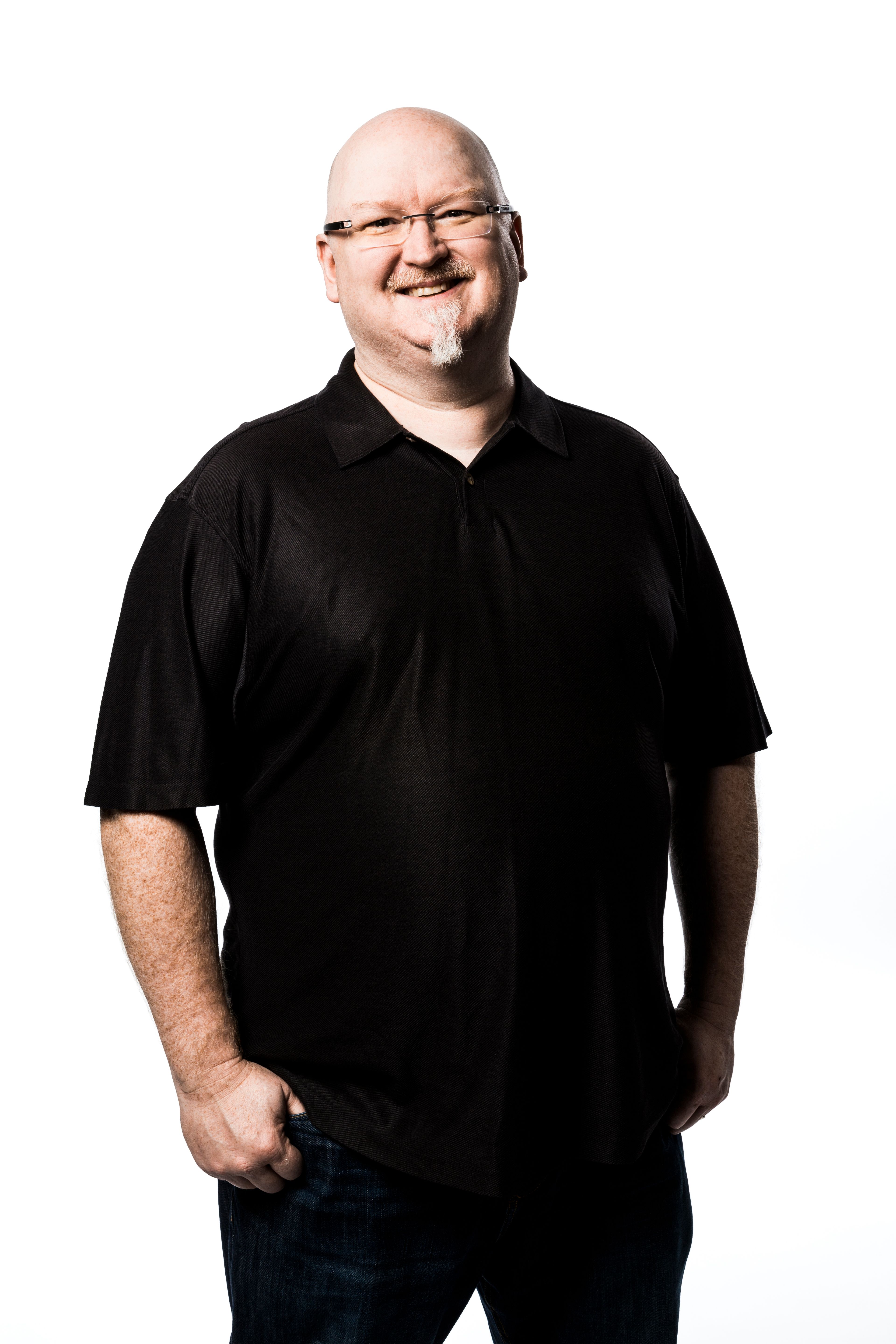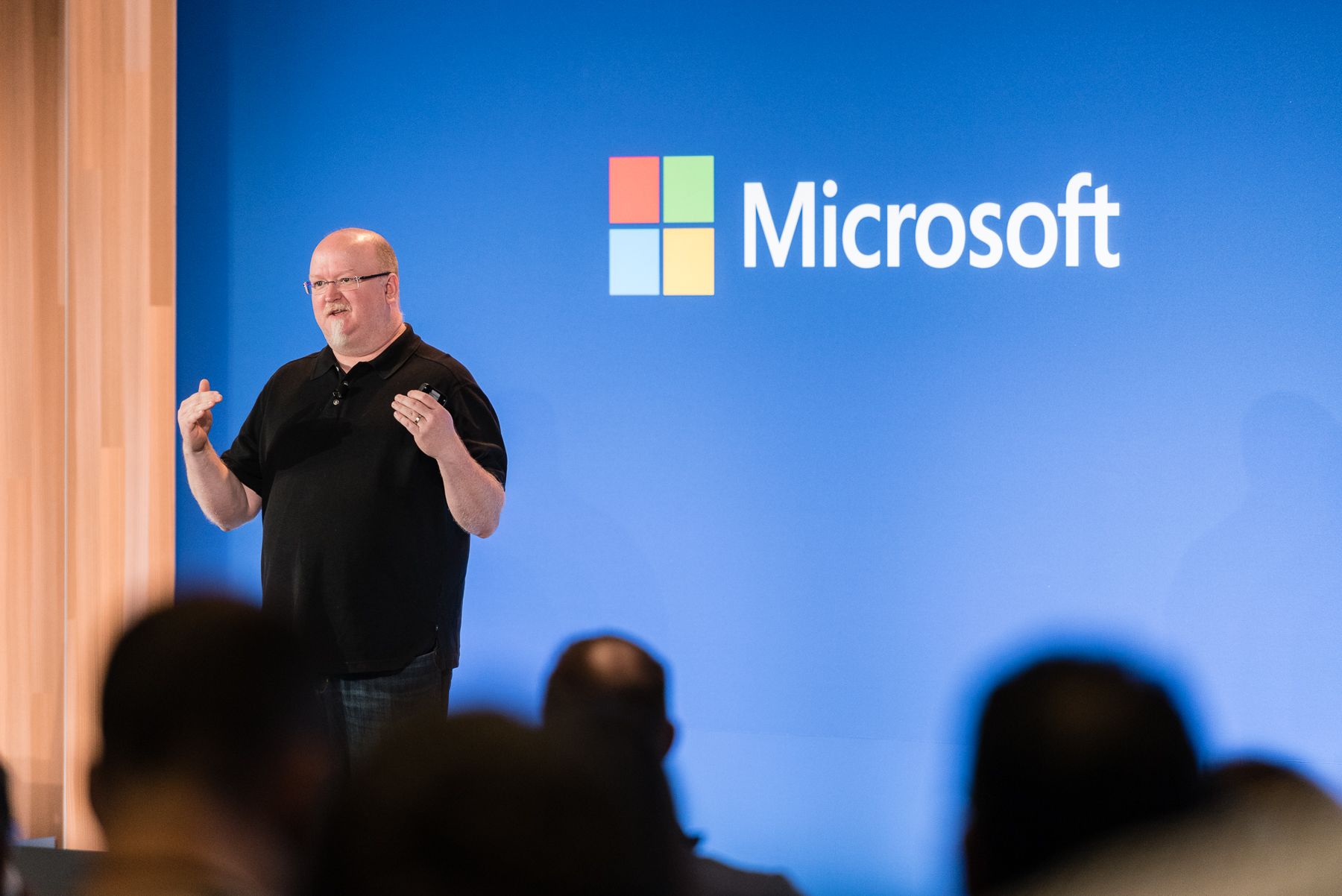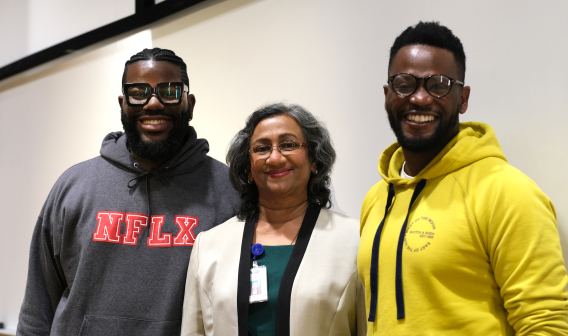I had this curiosity. Then I had parents who encouraged and appreciated the curiosity. Even though they didn’t understand all the things I was investigating or curious about at any point in time, they, whenever they could, tried to help. So, I think I was extraordinarily lucky to have that. We should never take that sort of support for granted. I think it’s just really scary sometimes, taking these big risks you have to take, to figure out whether or not this thing you’re interested in is interesting to other people or that it’s going to be useful, or that there’s an opportunity there. I’m just eternally grateful to all of the people in my family who were there to support all of what, to them, must have seemed silly and risky and crazy things that I wanted to do.
Moret: One of the themes in your book has to do with this widespread fear that many have in the United States of artificial intelligence killing jobs. Various studies have cited a certain percentage of jobs could go away within 10 or 20 years as a result of AI. You have a more hopeful outlook, I think, on that potential impact. Can you elaborate on how you think AI could evolve in a way that could actually enable job growth, innovation, and creativity in the United States?
Scott: Almost any technology we’ve ever invented that ends up having major impact and becoming ubiquitous in our lives starts off seeming a little bit scary. In many cases, there’s specific anxiety around technologies causing disruptions in jobs. My favorite example is the steam engine, which, in the late 18th century, was the first real mechanical substitute for human labor. When steam engines were deployed in factories and became part of the means of production, they radically transformed the economy. It did a ton of good, but it was disruptive for jobs.
In the early days of the technology, the benefits accrued to society because they had more ubiquitous, cheap manufactured goods than they had before. The benefits also accrued to folks with capital and folks with expertise. So, if you had enough money, you could invest in these expensive steam engines and build business concerns around them. If you were an expert, you could earn a really good living and create profitable businesses for yourself by designing and operating these machines as a means of production.
We’re constantly, as a society, faced with these problems that, on the surface, look like zero-sum games. Some of the challenges today in health care and climate change look very, very challenging to solve. But if you can turn a zero-sum game into a non-zero-sum one — where you don’t have the same constraints, where you can also think about expanding resources, creating abundance that didn’t exist before, relaxing constraints — then you can have a lot more flexibility in how you solve problems.
I think what we’re already seeing is some of those predictions made a few years ago that were very dire in the sense that so many jobs were going to get disrupted so quickly, were not as accurate as we thought they were going to be. A huge number of people will be able to pick up these tools and to use them to create new businesses, which will have benefits not just for the business creators, but for folks in their communities, employees, and the people who are benefiting from the things they create.
One of the things I want to be able to do in the role I’m playing right now is to try to make sure that these sophisticated technologies are packaged as platforms where other people can use them. I don’t think we’re going to get the full benefit from them if just a small number of people in very big tech companies that sit in coastal innovation centers are the ones who must have all of the imagination for what good the technology can do.
Moret: One of the stories you told in the book that really stuck with me started with your great-grandmother, who was born in 1898 and lived to 1997. In her life, she saw three big technological changes: ubiquitous electricity, ubiquitous refrigeration, and television. You use those to talk about what it means to be a platform technology with the potential to generate profound economic transformations across multiple industry sectors. Can you elaborate on what you mean by that term, as well as why AI fits in that category?
Scott: Electricity is a platform technology that has these self-reinforcing feedback loops. The technologies you build on top of electricity improve our ability to produce more energy. After the development of electric power distribution and its ubiquitous availability, we eventually invented digital computing. Digital computing as a platform lets us do things like design solar panels and better electric power generation facilities. It allows us to manage the loads on the electric power grid to better match consumption to production, or production to consumption. The availability of technology makes the technology itself better.
I would encourage people to not think about AI as one thing. It’s not the Terminator from the Arnold Schwarzenegger movies. AI is really a very broad collection of technologies that are being used already to power things in every part of our lives. It has this self-reinforcing feedback loop in that the more we use AI, the better AI becomes, because AI benefits from having large amounts of data and large numbers of interactions. I think AI is going to be the 21st century’s equivalent of electricity. It will be the most important platform technology we invent this century.
Moret: To me, the third big focus of the book is the potential for AI to be a key tool in enabling revitalization and economic opportunity in rural America. Could you lay out what you see as the key foundational elements of the rural growth agenda — for not just rural Virginia, but for America as well, and where AI could play into that?






